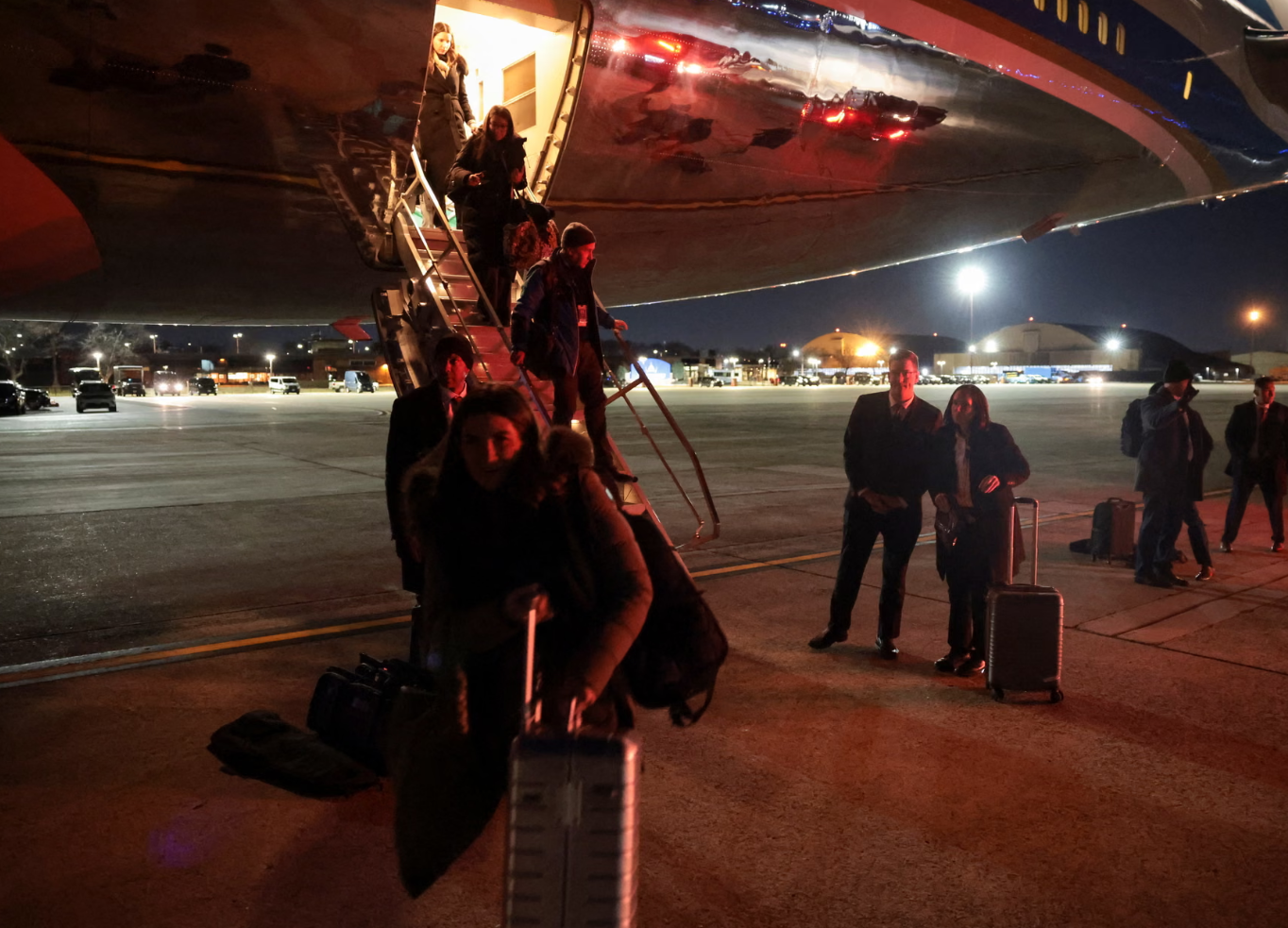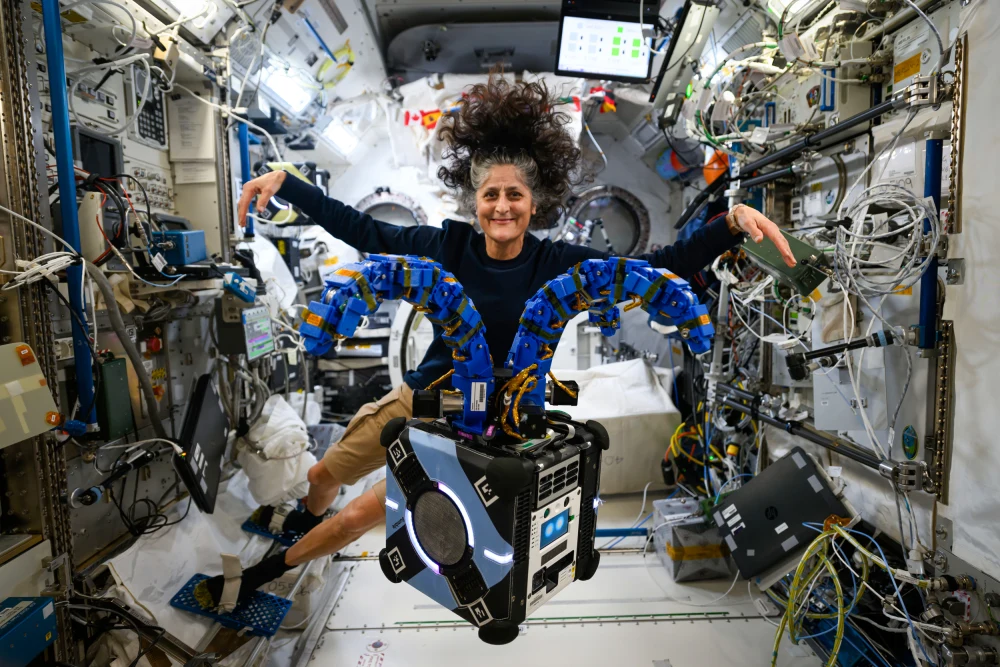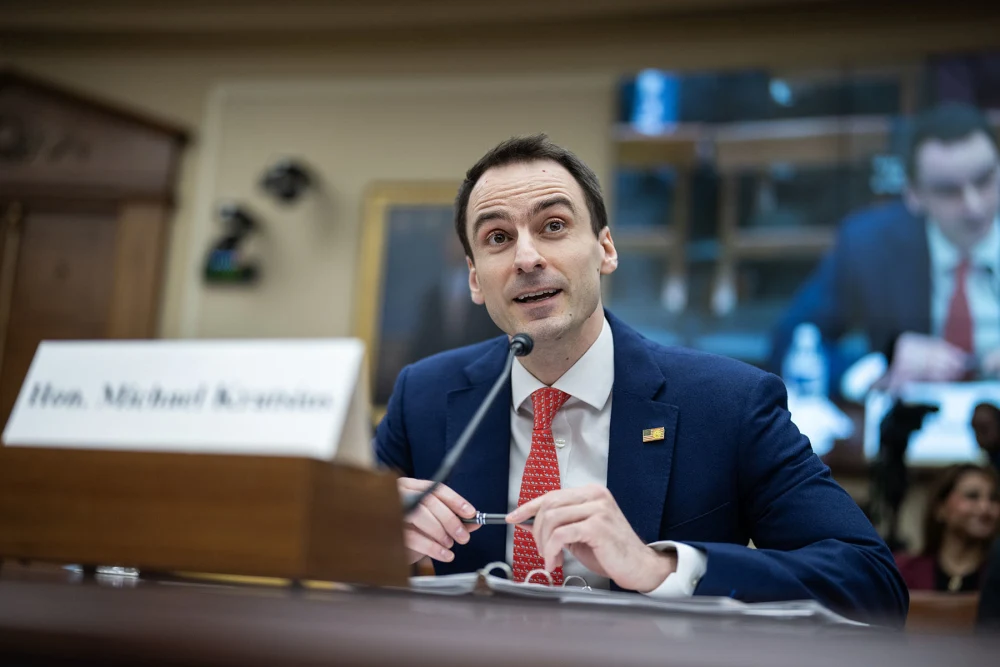WASHINGTON, Feb 7 (Reuters) – The head of the U.S. Federal Aviation Administration (FAA) met with airline CEOs on Wednesday and asked carriers to share more information to boost safety and identify potential problems.
FAA Administrator Mike Whitaker convened a meeting with airline CEOs, the agency said, to “ensure the aviation industry continues expanding safety management systems and finding ways to share information transparently to minimize risk and advance safety.”
The meeting came after the FAA last month grounded 171 Boeing (BA.N), opens new tab MAX 9 airplanes after a mid-air cabin panel blowout on a new Alaska Airlines plane.
The National Transportation Safety Board said Tuesday preliminary evidence suggests the plane was missing four key bolts when it left the Boeing factory. Whitaker told lawmakers Tuesday he is boosting oversight of Boeing.
American Airlines (AAL.O), opens new tab, Delta Air Lines (DAL.N), opens new tab, United Airlines (UAL.O), opens new tab, Southwest Airlines (LUV.N), opens new tab, Alaska Airlines (ALK.N), opens new tab, JetBlue (JBLU.O), opens new tab, UPS (UPS.N), opens new tab and FedEx (FDX.N), opens new tab took part in the meeting.
Air carriers share information like maintenance issues through the Commercial Aviation Safety Team (CAST), a government-aviation industry partnership founded in 1997.
In January 2023, the FAA proposed requiring charter, commuter, air tour operators, and aircraft manufacturers to implement a key safety tool aimed at reducing accidents. The agency wants to extend a mandate to adopt so-called Safety Management Systems (SMS), which are policies and procedures to proactively identify and address potential operational hazards early on.
American Airlines CEO Robert Isom said in a statement the airline fully supports expanding FAA oversight “throughout safety management systems across the industry.”
United CEO Scott Kirby said in a statement the airline agreed “the highest levels of safety are best achieved through partnerships at all levels.”
U.S. airlines have been required to have SMS since 2018 and some aerospace companies already voluntarily have SMS programs like Boeing (BA.N), opens new tab, and Raytheon-subsidiary Pratt & Whitney (RTX.N), opens new tab.
Congress in 2020 directed the FAA to mandate SMS for aircraft manufacturers as part of a wide-ranging certification reform bill following two fatal Boeing 737 MAX crashes in 2018 and 2019 but the FAA’s proposed rule goes beyond requirements from lawmakers.
SMS systems require four key components – safety policy, safety risk management, safety assurance, and safety promotion.




